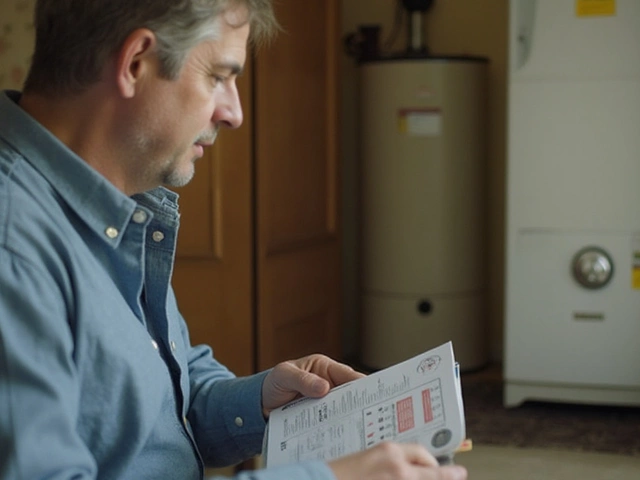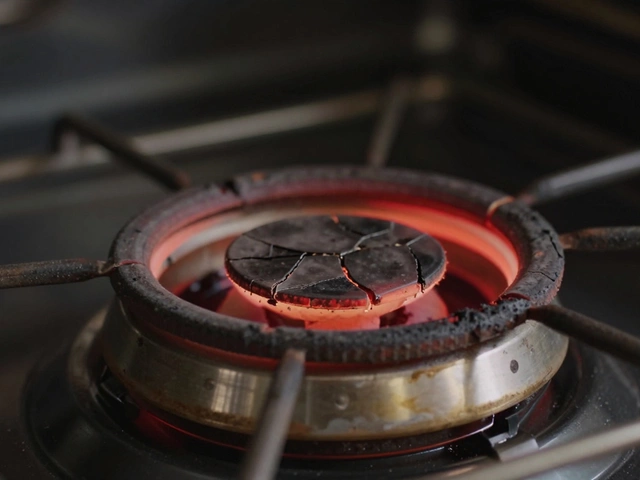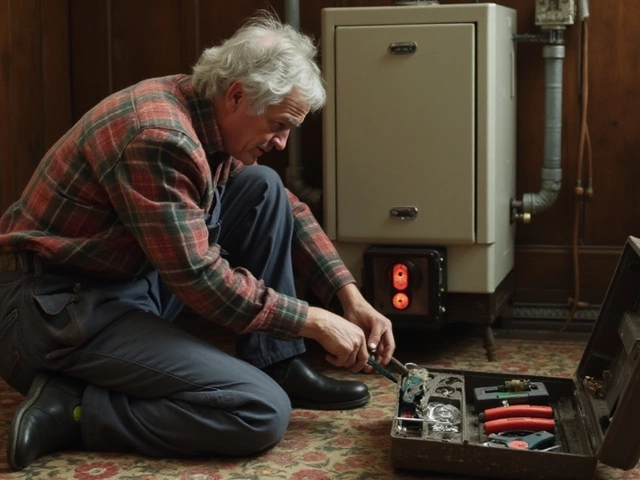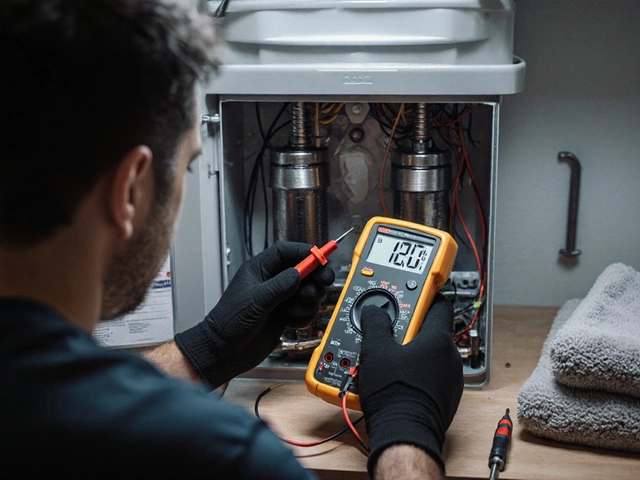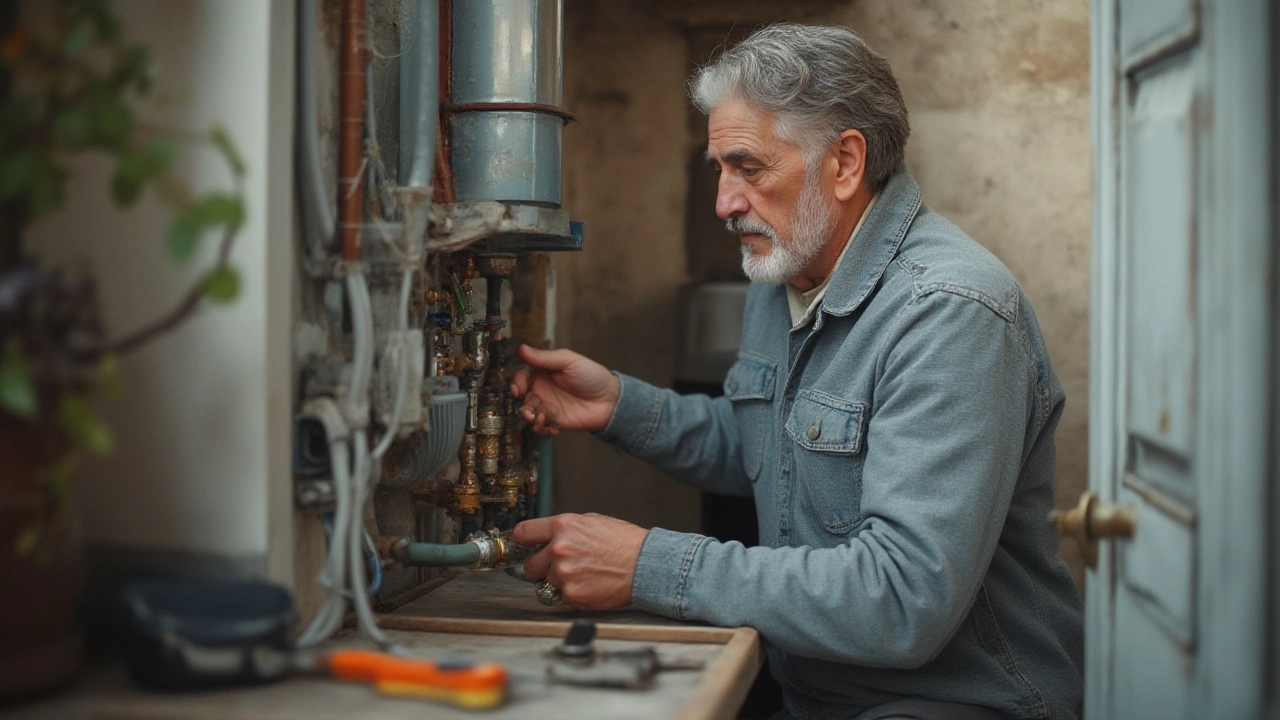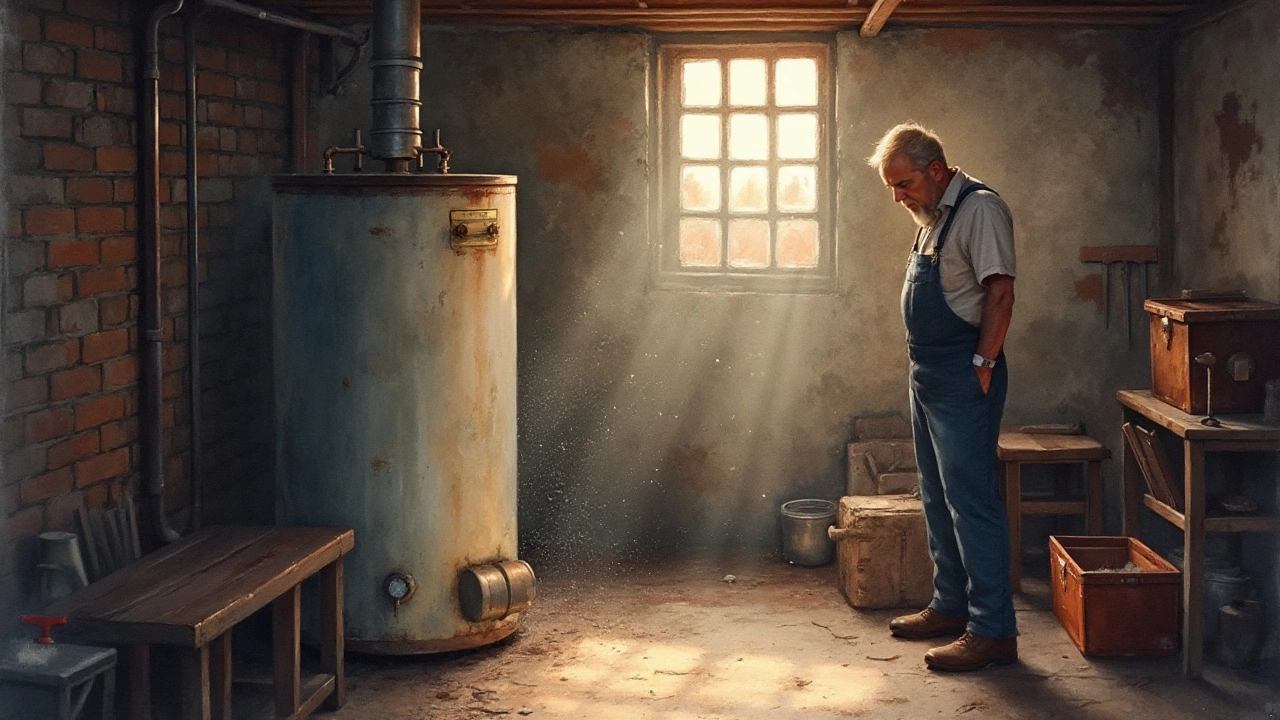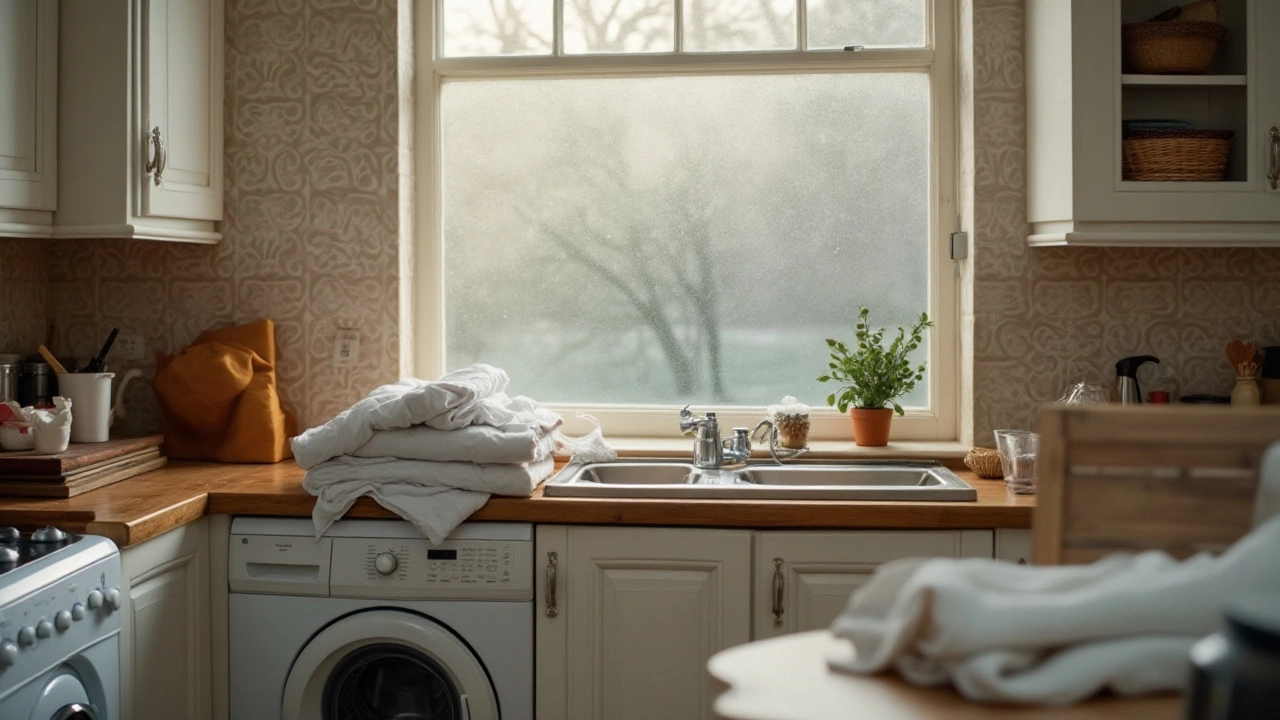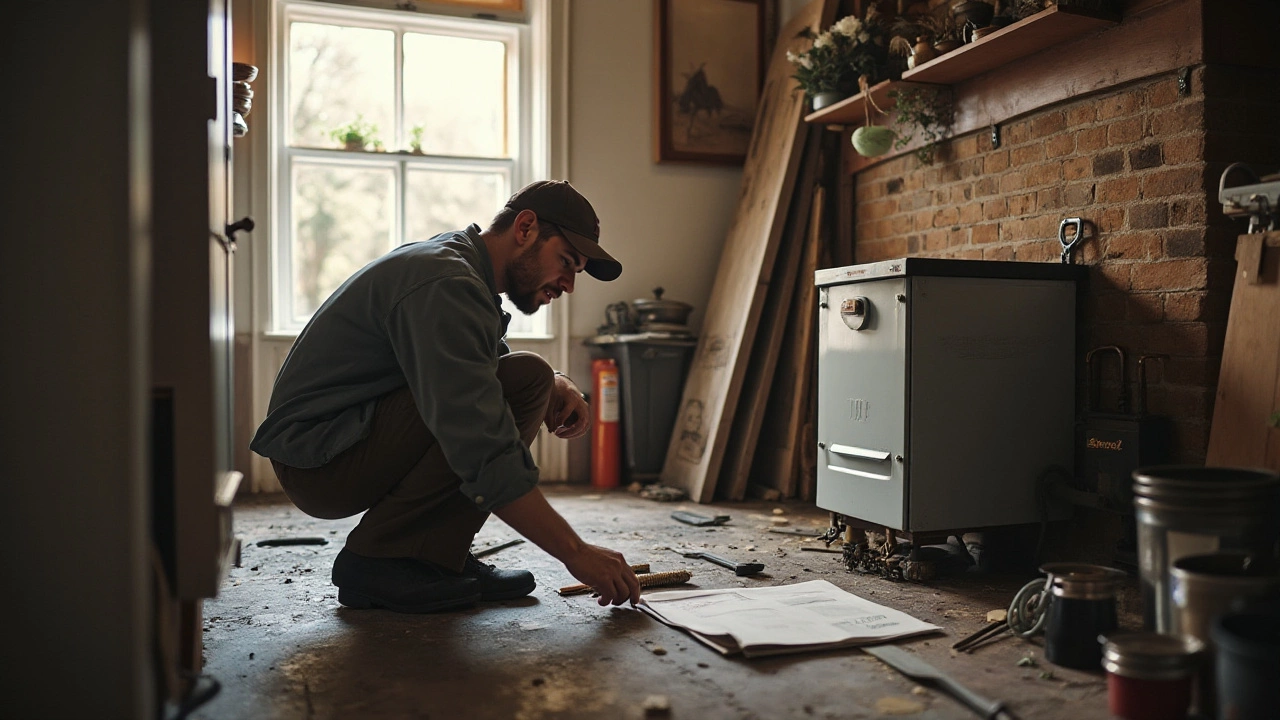Home Maintenance Made Simple: Keep Your Appliances Happy
Got a fridge that hums louder than a blender? A boiler that takes forever to warm up? Most of us ignore small problems until they become big, expensive headaches. The good news? A few quick checks and routine tasks can stop that from happening. Below are the everyday steps you can do yourself, plus the signs that mean it’s time for a professional.
Quick Daily Checks That Save Money
Start with the things you see every day. For a fridge, make sure the door seal is clean and tight – a leaky seal forces the compressor to work harder, raising your electricity bill. Wipe the condenser coils on the back or underneath with a vacuum brush at least once a season; dust buildup cuts cooling efficiency by up to 30%.
In the kitchen, run your extractor fan weekly. A greasy fan slows air flow, increasing humidity and the risk of mould. If the fan sounds weak or rattles, clean the filter and check the motor for debris before calling someone.
Boilers and water heaters need a quick visual inspection every few months. Look for rust around the tank, listen for odd knocking noises, and check the pressure gauge – it should sit between 1 and 1.5 bar when the system is cold. Anything outside that range may indicate a leak or a failing expansion vessel.
Seasonal Deep‑Dive Maintenance
When the weather changes, give your appliances a deeper look. For washing machines, run an empty hot cycle with a cup of white vinegar to dissolve limescale and keep the drum smelling fresh. Check the hoses for bulges or cracks; replace them every five years to avoid sudden bursts.
Heat pumps are great for efficiency, but they can lose heat output if the outdoor unit is blocked. Clear leaves, snow, or debris around the unit and make sure the fan blades spin freely. If warm air stops coming out, the filter may be clogged – clean it and reset the system.
Freezers that don’t stay cold often suffer from a blocked defrost drain. Locate the drain (usually at the back wall), clear any ice buildup with warm water, and wipe it dry. This simple fix can restore proper temperature without a service call.
Finally, test your oven’s heating elements. Turn it to the highest setting and watch for even glow; any dark spots could mean a broken element that’s cheaper to replace than to call a technician.
Doing these tasks yourself takes only a few minutes each week, but the payoff is lower energy bills, fewer breakdowns, and a longer lifespan for every appliance. When you do hit a snag you can’t fix – like a gas leak, electrical fault, or persistent boiler noise – call a qualified technician. Trying to DIY a gas or electrical issue can be dangerous and may void warranties.
Remember, regular maintenance isn’t just about fixing problems; it’s about preventing them. Keep a simple log – date, appliance, what you checked or cleaned – and you’ll spot patterns before they turn into costly repairs.
So next time you hear a strange click or see a drip, don’t panic. Grab a cloth, a screwdriver, or a vacuum brush, and follow the steps above. Your home will thank you with steady heat, cold drinks, and quiet appliances for years to come.
